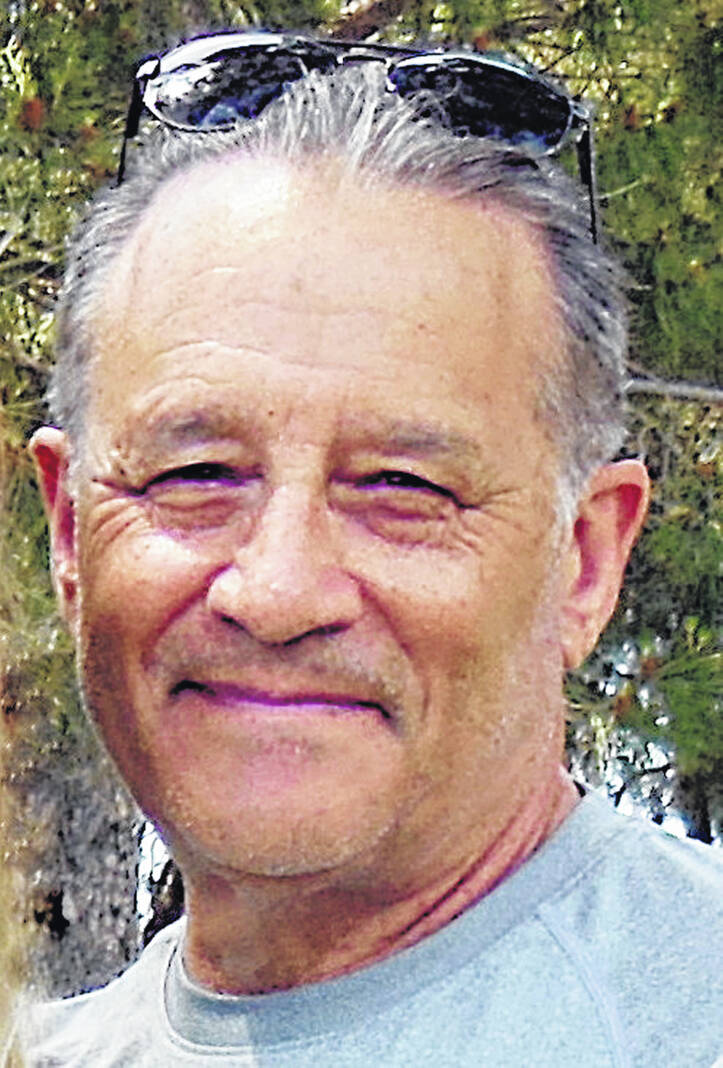
Bill Sims
Contributing columnist
The mountain of evidence has become Himalayan in scale. This summer over 100 million Americans have been subjected to a relentless heat dome with parts of the South sustaining weeks of 110 degrees Fahrenheit or more. Our greatest hotspot, Death Valley, was predicted to break its record set last year of 130 degrees.
Parts of North America are burning up. Adding to the regular west-coast fires that have become the new normal, wildfires in Canada are relentless too, smothering the Midwest and the northeastern U.S. with blanketing smoke.
Monster moisture plumes caused uncommon torrential rains in Vermont and the Hudson Valley of New York causing unprecedented flooding this month. In our southwest, wildfires and torrential rains have caused mudslides, but in India, record monsoon rains have killed hundreds this year, a significant progression over the past several years. Ditto Japan. Rome shut down tourism this week for fear of heat health care concerns. Southern Europe is in the early stages of its own dangerous heat wave.
Parts of the waters of the Caribbean Sea this summer have reached 95 degrees. The historical average of Caribbean waters is 80.
Climate scientists have models that estimate the pace of rising temperatures across the globe and temperatures across the planet are rising faster than these models have predicted. According to the U.S. EPA, “Worldwide, 2012–2021 was the warmest decade on record since thermometer-based observations began.”
If all this begins to sound like a Hollywood horror or science fiction movie about the apocalyptic day of reckoning, well, it may not fade away as easily as walking out of the movie theater.
Indulge my empathetic slide into philosophy here, but each of us have been given a ticket to experience an incredible journey through a glorious blue-marble planet. The time will come when our ticket expires and the next wave of lucky tourists will be given their ticket to experience the wonders of this planet. My grandchildren have just been given their ticket. The question is, in what condition do we leave this blue-marble “park” as we pass it on to them? During our stay will we have so jeopardized the condition of this Magic Kingdom for succeeding generations that we leave them nothing but environmental purgatory? Collectively, can we be that indifferent to the experience owed to them and their progeny?
Of course, many of us do care about these frightening climate trends, but as David Gelles, a writer for the New York Times, lamented after his home in the Hudson Valley was flooded, “Even if you’ve been paying attention to climate change, it can sometimes feel very far away, distant in both space and time.” That is, until it hits home.
It’s been said that delay is the deadliest form of denial. Having spent time in the business world, I’m familiar with the so-called 70% rule which cautions against the dangers of delay. It goes something like this: “To avoid the potential for disastrous consequences, instead of waiting to be absolutely sure about those potential consequences, start taking action when you are only 70% sure.” Chance favors those who are prepared. Chance in this case has to be defined as having existential consequences. Or, as Benjamin Franklin once put it in historical terms, “You may delay, but time (and nature) will not.”
Gelles describes the failure to act this way: “It’s a tension — between hope and despair, between urgency and inertia, between a world remade and a stubborn status quo.”
Until it hits home, he said, “it can sometimes feel very far away, distant in both space and time.” For over 100 million Americans, it’s not just a few days of record-breaking temperatures, it’s the duration of the heat wave that’s even more remarkable. For many, the dome has hovered overhead for over a month and the forecasts over little hope for relief.
What to do? It seems like we spend a lot of time in this nation fighting over impulsive, trivial and mindless stuff when the existential beast threatening our survival has planetary proportions.
Let me suggest that a good place to start is to face facts. We need to lean into the science of a globally warming planet. There are things that we all can do, even if seemingly small, relative to the global scale of the problem. Many seemingly small things can add up to a significant impact when tallied.
Our relationship with China is currently tenuous at best, yet one thing we have in common is threatening climate issues. It’s a place to start globally since we are the two biggest emitters of greenhouse gases. John Kerry, U.S. special envoy on climate arrived in China this Sunday to restart climate talks between the two countries. That’s an important step globally.
The takeaway point here is simply this. Democracies can be slow with deliberation; yet, in democracies citizens can be the driving force for change and the making of policy priorities. It’s time for citizens to be united in forestalling this persistent threat and letting our leaders know how impatient we are about policy solutions.
Procrastination has its way of leading us to sorrowful regret.
Bill Sims is a Hillsboro resident, retired president of the Denver Council on Foreign Relations, an author and runs a small farm in Berrysville with his wife. He is a former educator, executive and foundation president.

